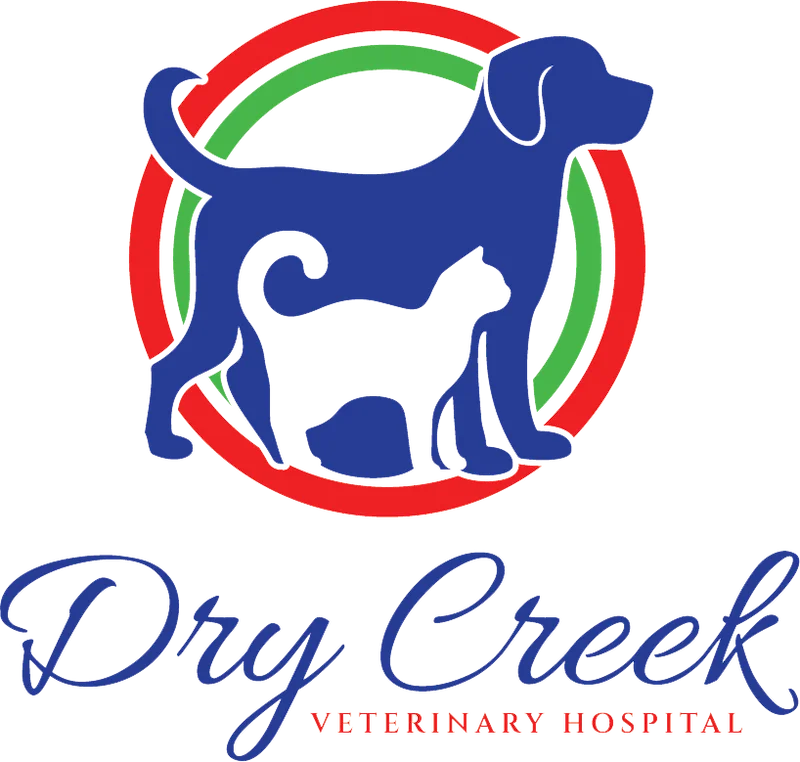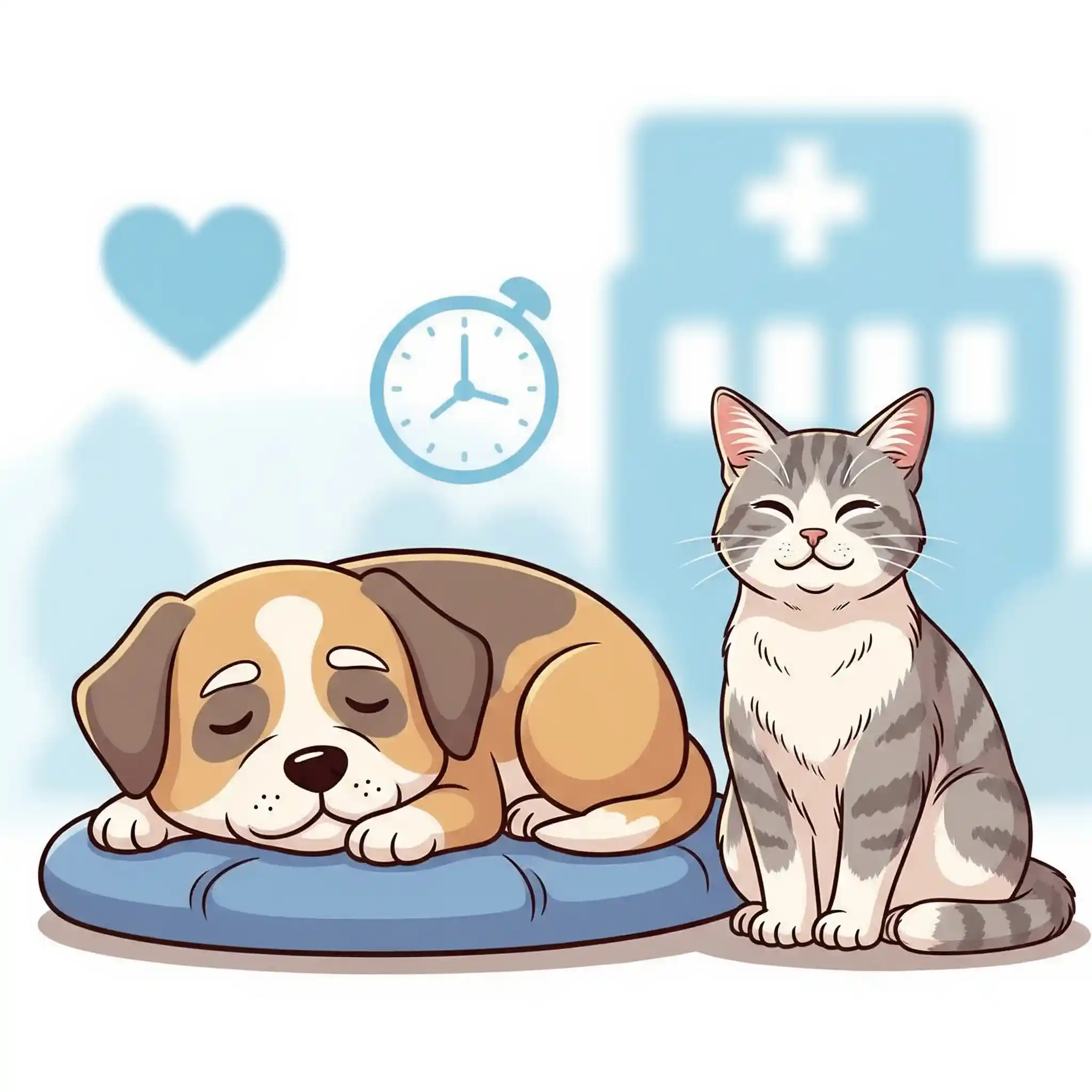As our pets age, their lives change in ways that may not always be obvious. A slowing walk, a subtle limp, or a slight change in appetite can signal that your pet is entering their senior years. At Dry Creek Veterinary Hospital, we know that senior pets require extra care, regular monitoring, and a personalized approach to ensure their later years are healthy, happy, and comfortable.
Recognizing the Signs of Aging
Pets age differently depending on their breed, size, and lifestyle. Small dogs and cats may be considered seniors around age 7, whereas large-breed dogs can show signs of aging as early as 5 years old. Observant pet parents may notice:
- •Reduced activity or reluctance to jump or climb stairs
- •Changes in eating or drinking habits
- •Increased vocalization or restlessness
- •Altered sleep patterns
- •Stiffness or difficulty rising
These subtle signs can indicate arthritis, organ stress, or cognitive changes. Early recognition allows our team to intervene before problems escalate.
The Importance of Regular Senior Wellness Exams
Semi-annual veterinary exams are vital for senior pets. At Dry Creek Veterinary Hospital, our comprehensive assessments include:
- •Physical examinations: Evaluating joints, mobility, heart and lung function, and overall body condition.
- •Bloodwork and lab tests: Detecting early signs of kidney disease, liver dysfunction, diabetes, or hormonal imbalances.
- •Urinalysis and blood pressure monitoring: Assessing kidney function and overall cardiovascular health.
- •Dental evaluations: Preventing pain and infections that can affect appetite and organ health.
Regular check-ups not only detect problems early but also allow us to adjust diets, medications, or activity plans to maintain comfort and vitality.
Managing Common Senior Health Issues
- •Arthritis and mobility problems: Joint supplements, anti-inflammatory medications, and low-impact exercises can significantly improve comfort and activity levels.
- •Kidney and liver disease: Early detection allows dietary adjustments, hydration strategies, and medications to slow disease progression.
- •Cognitive dysfunction: Mental stimulation, environmental enrichment, and medications can help pets with memory loss or confusion.
- •Dental disease: Older pets are at increased risk for gum infections, which can affect their heart and kidneys if untreated.
Nutrition and Lifestyle Adjustments for Seniors
Senior pets often need diets lower in calories but higher in digestible protein to maintain muscle mass without causing weight gain. Hydration, comfortable bedding, and low-impact activity like short walks or swimming can enhance quality of life.
The Emotional Component of Senior Care
Caring for a senior pet is not just about medical attention. Older pets require patience, love, and understanding. By observing their behavior and making simple adjustments like ramps to furniture or soft bedding, you can significantly improve their comfort and happiness.
Working With Dry Creek Veterinary Hospital
Our goal is to make senior care straightforward and compassionate. We provide guidance, support, and personalized plans so your pet can thrive in their later years. Together, we can ensure that every day your companion spends with you is as healthy and joyful as possible.
Conclusion : With proactive care, proper nutrition, and regular veterinary oversight, senior pets can enjoy their golden years with dignity, comfort, and vitality. At Dry Creek Veterinary Hospital, we are committed to helping your cherished companions live long, healthy, and happy lives.

